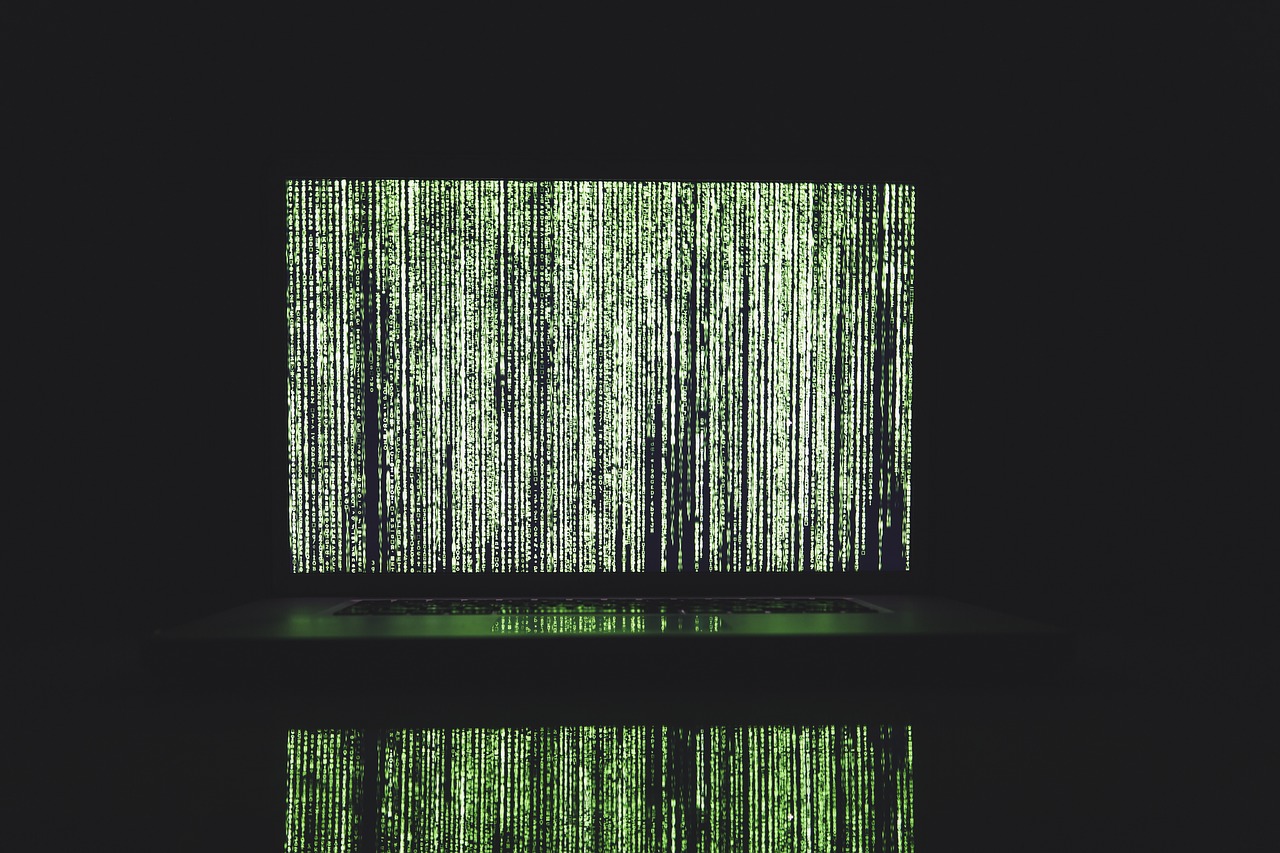
You may have seen this article, How Artificial Intelligence Is Changing Teaching, in the Chronicle of Higher Education. While the article itself offers a controversial conclusion, the influence of AI on teaching at UR is worth considering. We’re not likely to see large-scale AI solutions deployed as described in this article for large lecture sessions — we offer a different kind of classroom experience. But we’ll be competing to attract students to SPCS who have the option of attending institutions that will use AI in their classrooms, like Liberty University or University of Phoenix or even Virginia Tech or UVA extension programs in Richmond.
Two excerpts from the end of the article suggest two possible directions we might consider. The first describes the potential cost-cutting benefits of replacing human instructors with adaptive courseware and a teaching assistant:
Robot tutors aren’t about to replicate the full array of teaching-and-learning behaviors that take place as a matter of course among people anytime soon. But artificial intelligence does raise a provocative question, one no doubt on the minds of educators worried about the decline in public higher-education funding: If administrators are willing to cut corners by paying low wages to adjuncts and giving them heavy courseloads, what’s to stop them from trimming their costs even further by offering students some adaptive courseware and a teaching assistant instead?
The second describes the benefits that can be derived from deploying aspects of AI (especially machine learning) in the classroom under the supervision of a watchful instructor:
AI can be of real value to learning. Algorithms can reveal patterns of student behavior not immediately noticeable to a professor. Adaptive courseware can nudge students toward effective learning strategies. Tools that can outsource lower-level tasks are worthy of consideration.
Just as long as the instructor remains in charge of the classroom.
One question this article raises is this: What distinguishes the SPCS classroom experience from other online and seat-based classroom experiences?
CoP Note: As a community of practice, we are on the front lines of determining what that classroom experience can and should be. Should we seek to implement machine learning algorithms to detect patterns in student responses that we’ve not noticed? Should we try to ban AI from SPCS classes? Or should we seek to embrace machine learning and AI in meaningful ways that both improves pedagogy and models a critical implementation of new technologies for our students?
What does it mean to critically implement an instructional technology? Are there heuristics for doing so? And how should they apply to AI implementation in SPCS classes?
We should raise these questions, and soon. Machine learning is coming, and we need to know how to use it effectively — or explain why it should not be used at all.